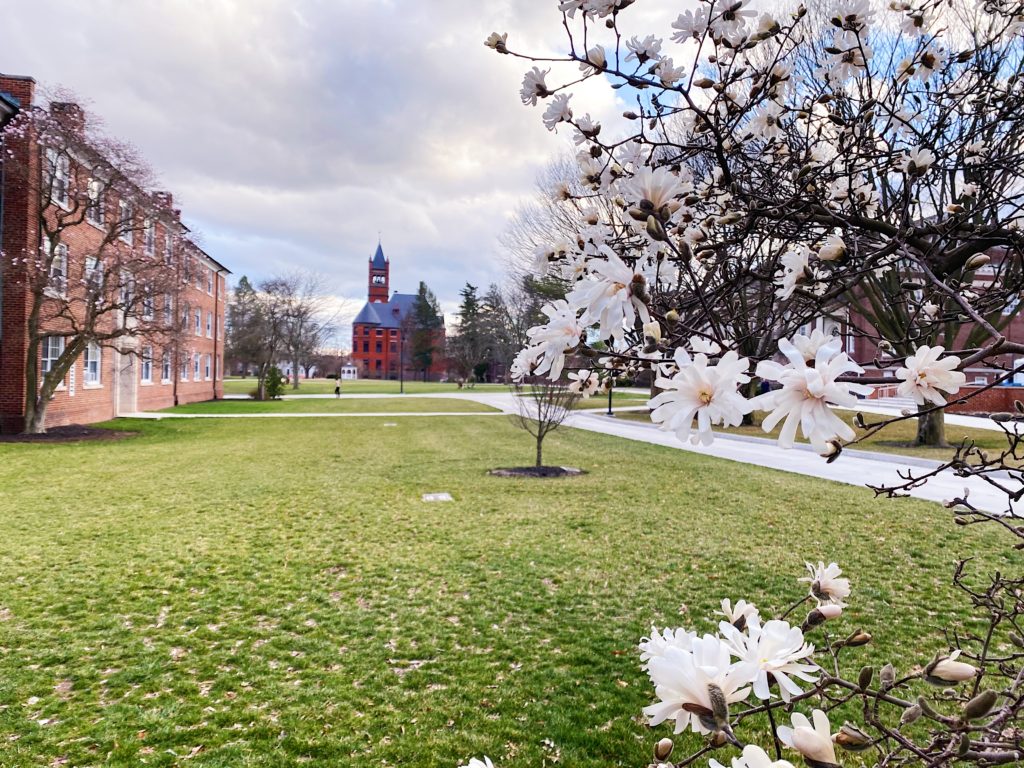Testing a ‘Critical Variable’ in College’s Decision for Students to Return
By Anna Cincotta, Editor-in-Chief
After sitting down with President Bob Iuliano and Dean Julie Ramsey, Vice President for College Life and Dean of Students, it became clear that the smooth return of students to Gettysburg’s campus—and the College administration’s decision to return to the residential model for the fall semester—relies, in large part, on securing sufficient testing supplies for the student body. Testing that, according to Ramsey, the College has managed to gain access to.
When asked why Gettysburg’s plan for students to return to campus has remained intact when peer institutions like Dickinson College have decided to move to online instruction in the fall, Ramsey underscored the importance of access to tests. Iuliano also indicated that, if the College couldn’t secure the sufficient supply of testing equipment to meet what public health professionals recommend, plans for an in-person semester would be reevaluated.
“From our perspective, we had certain gating conditions from the outset,” he said. “We weren’t coming back if we couldn’t secure the sufficient supply of testing equipment [per public health experts’ recommendations].”
According to Ramsey, the vast majority of colleges planning on operating residentially this fall are also making it a priority to secure COVID-19 testing for their student bodies. The rising number of positive cases across the south and southwest, however, has made the situation more complicated—companies supplying the COVID-19 tests to college campuses have begun to redeploy their resources elsewhere.
One reason for the decision made by some schools to return to an online learning model for the fall might’ve been their inability to guarantee COVID-19 tests for their student bodies, as the companies distributing these tests continue to reallocate resources, Ramsey explained.
In Gettysburg’s case, though, she remains confident. “It’s been very nerve wracking,” Ramsey said, “[but] we’re convinced we have the access that we need.”
Gettysburg students, prior to their return to campus for the fall semester, will need to sign a health contract outlining expectations that must be met in order to promote the health and safety of the community. This contractual agreement requires COVID-19 testing for students upon arrival in mid-August.
When asked about the expectations for faculty, Ramsey explained that, “at this point, [the College has] not mandated that faculty be tested.” A contractual health agreement has not been drafted for faculty and staff yet, either.
“All of these decisions are being informed by medical and public health expertise,” Iuliano said. “Students’ lives are necessarily more integrated and intermingled than faculty and staff lives, and that creates a different public health dynamic.”
Iuliano said that the plan for the coming days and weeks will be a constant reassessment of the evolving nature of the situation. “We want to be residential if we can be residential responsibly,” he said.

